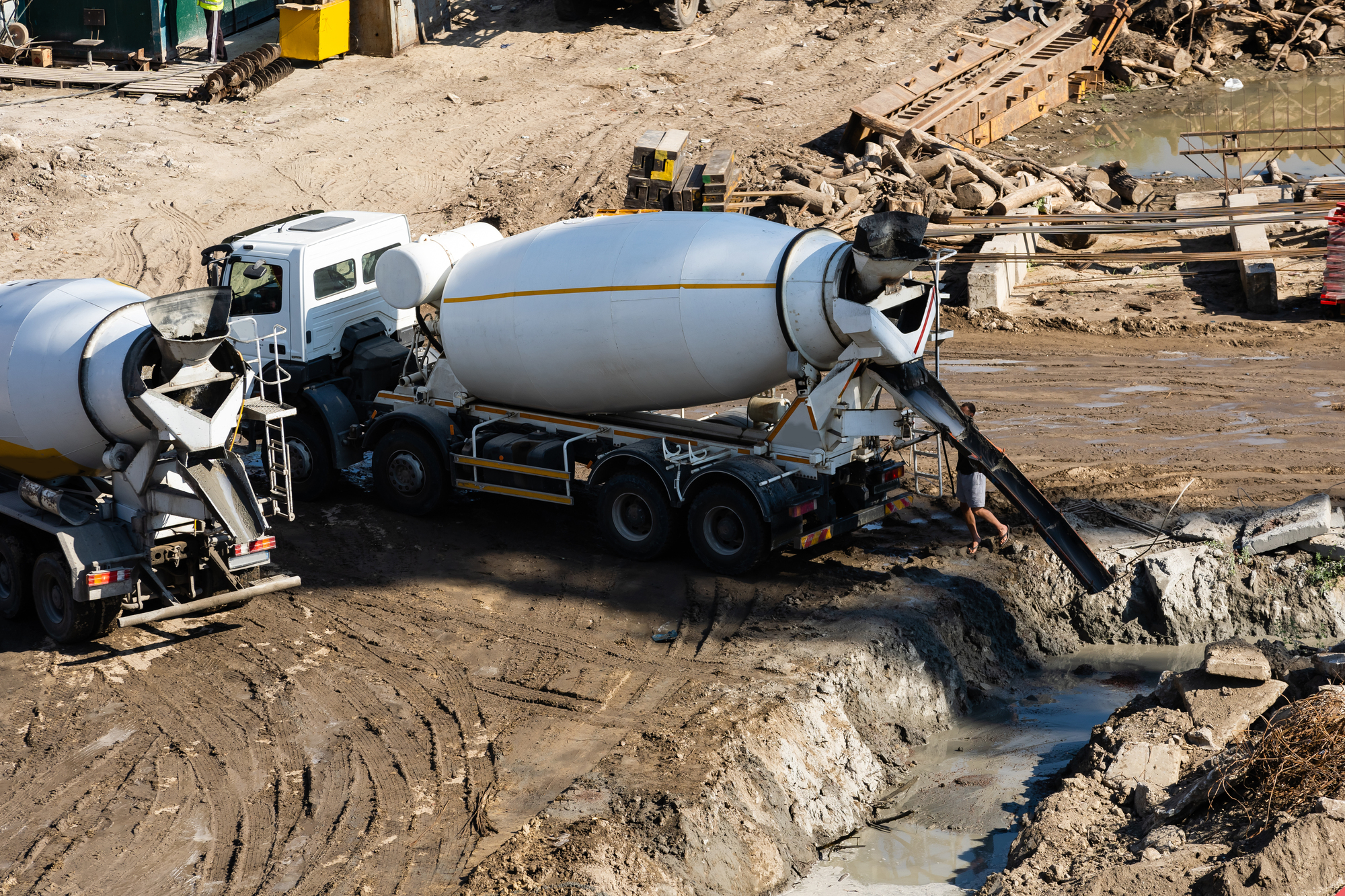Labour Minister Yiannis Panayiotou on Saturday set a hard deadline of midday on Sunday for trade unions and employers’ groups to decide whether they will accept his proposal to bring to an end the ongoing strike action in the concrete industry.
The workers had gone on strike on November 7, demanding to be paid for overtime worked and a return to their pre-2013 collective labour agreement conditions, and have not yet returned to work.
Efforts were ongoing behind the scenes on Friday night to resolve the issue, with Panayiotou having put his “final” proposal on the table as discussions continued.
Panayiotou’s proposal included overtime payments for workers at a rate of 1.4 or 1.45 times their usual hourly rate on weekdays and 1.7 times their usual hourly rate on weekends.
Additionally, the proposal provided for a salary increase for the workers amounting to €12 per week in the first year after the agreement and €8.50 per week in the second and third week, meaning that workers will be €29 per week better off in three years’ time.
Trade unions had met on the Saturday and promised the ministry they would give an answer within the day, while employers’ groups were due to meet on Sunday.
Trade union Peo secretary-general Sotiroula Charalambous said at the strike’s outset that workers were demanding “two basic rights”.
“It is well known that when we signed the contract to reduce some of our benefits during the economic crisis to help the construction sector and employers, to help the country’s economy, the signature had an expiration date, and those who signed took this commitment on,” she said.
“Societies and workers must go forward, so today, in 2024, we cannot be asked to not be paid overtime, in an industry where the amount of work being done continues to grow.”
Fellow trade union Sek secretary-general Andreas Matsas said, “right now, the focus of the fight is on us trying to make sure that the time you are forced to spend at work, above and beyond your standard working hours, is paid for in a rewarding way.”
“We are living in a period in which we are trying to regulate, not deregulate, labour relations, to give impetus to the support of human resources and to confirm that the labour market is not only about entrepreneurship, it is about workers themselves,” he said.
However, the concrete makers’ association had said workers must “resume serving the construction industry … to contribute to mitigating the problems arising from the strike.”
It added that workers and their trade unions should “assume their responsibilities” and “terminate their strike measures to normalise the problems and enter a dialogue”.
Figures released on Friday revealed that the strike had cost the construction industry between €80 million and €100m since it began.







Click here to change your cookie preferences